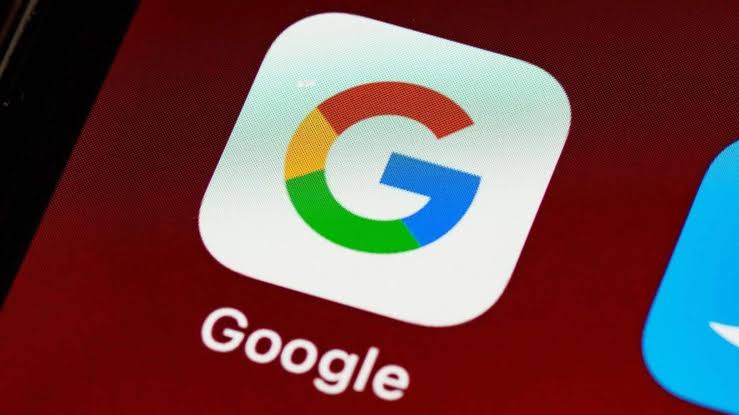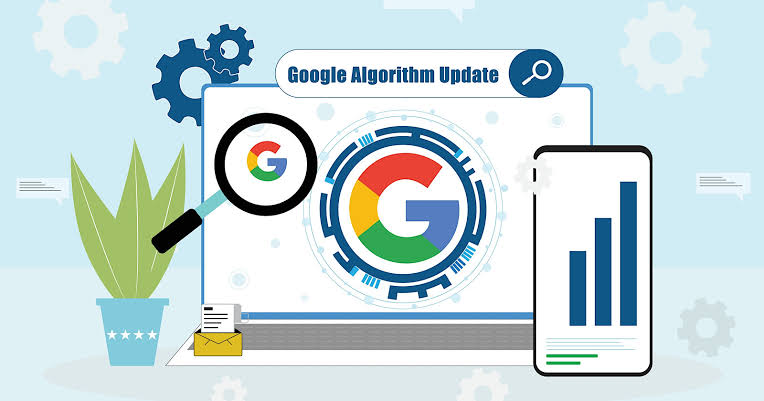Overview
For billions of users worldwide, Google is an essential component of daily life in the current digital era. Google's portfolio of apps and services is essential for everything from business to play, from search queries to navigation. But what occurs if there is an abrupt and unanticipated disturbance to this digital behemoth? That is exactly what millions of Android users across the world encountered recently—a problem with the Google app that left many angry and inconvenienced.

Android users started complaining about the Google app breaking when they tried to launch it on September 14, 2024. After this problem was made public, a lot of individuals started talking about it online and seeking solutions. Although certain systems have started to stabilize, Google quickly recognized the issue and is currently working on a comprehensive solution. The specifics of the outage, its effects, Google's response, and potential fixes for those who are still having problems will all be covered in this post.
The Timeline of the Outage's Inception
On September 14, 2024, at 10:52 am IST (22:22 PT), the incident was formally reported to have begun. Android users started reporting that the Google app was crashing when they first opened. Users' initial responses to the app's unexpected breakdown, which prevented them from using Google Maps, Google Search, and other integrated services, varied from confusion to concern.
Google acknowledged the problem around 11:30 am IST and updated its Google Search status page. The report claims that there was a persistent problem with the Google app's "serving" component, which is how it provides users with search results and other services. Google promised consumers at the time that an update would be available in 12 hours and that it was looking into the root problem.
Comprehending the Issue: What Is "Serving"?
When Google acknowledged the problem, it mentioned a "continuing issue with serving," which left many people perplexed as to what precisely "serving" meant. Serving in the context of Google Search and its allied apps refers to the backend operations that enable Google to provide users with search results, tailored recommendations, and additional information. In essence, it is the system that retrieves and displays the data a user asks on their device.
As was the case during this outage, users may encounter a variety of problems when this serving system is interfered with, from delayed search results to complete app failures. This system's widespread influence suggests that the issue wasn't confined to just one area or set of gadgets, but rather was a widespread concern impacting a wide variety of Android users.
Worldwide Effect: Who Was Served?
Reports from all around the world began to flow in, indicating that the problem was not localized. Users were reporting the same issue: the Google app was crashing soon after it was opened. These users were from India, as well as the US, the UK, Australia, and several other European nations.
According to data from Downdetector, a company that monitors significant service failures in real time, 67% of users were having problems with Google Search in particular. In the meanwhile, 30% of respondents said they had issues using the Google website, and 3% said they had issues with Google Maps. These numbers may vary, but they give an idea of how broad the outage was and what services were impacted by the serving problem.
Google's Reaction Timeline: Updates
Although some customers might have thought that Google might have moved more quickly, the corporation has responded to the problem in a thorough manner. As promised, Google released its next big update within 12 hours of the issue being first acknowledged.
A complete resolution was still being worked on, the corporation said, even if the serving problem had been "mitigated," or under control and less serious than previously. Although many customers were still reporting poor service and crashes, it appeared like Google's systems were stabilizing.
Google suggested that impacted customers utilize their phone's settings to delete the Google app's cache and data as a possible temporary workaround in the interim. Some users have been able to access the app again thanks to this change, however others are still reporting issues. It's not a sure remedy.
Data and Cache Clearing: A Temporary Fix
For those who are not familiar with the procedure, an app's cache and data can occasionally be cleared to fix bugs or improve speed. This is especially helpful when corrupted temporary files or data is causing the program to malfunction.

Users can take the following actions to delete the Google app's data and cache on an Android device:
1. On your Android smartphone, go to the Settings menu.
Move your cursor down to "Apps" or “Applications.”
3. From the list of installed apps, Find the Google app.
4. To access its settings, Tap on the Google app .
5. Press on “Storage” to see the app's storage information.
6. To delete temporary files, Select “Clear Cache”.
In case the problem continues, click on "Clear Data" or “Clear Storage.”
It's crucial to remember that deleting data will reset the application, so users might have to adjust some settings or log in again. On the other hand, slow performance or frequent crashes may be fixed with this step.
User Responses: Disagreement and Adjustment
Users' responses to the huge app outage have been divided, ranging from patience to frustration. Concerns over the Google app collapse were voiced by Android users on forums, Reddit, and social media sites. Many mentioned how much they now relied on the Google app for routine chores like using Google Maps for navigation or conducting information searches.
Some customers ignored the downtime and did as Google advised in order to lessen the issue. On the other hand, others expressed their annoyance at the absence of a quick solution and wondered why such a common problem wasn't handled earlier. However, the majority of consumers appeared to value Google's openness, as the business provided frequent updates to its users regarding the issue.
Downdetector's Function in Monitoring Outages
Platforms such as Downdetector were vital in assisting users in comprehending the extent of the issue during the outage. Downdetector gathers information from user reports to track outages in real time and provides a comprehensive picture of the potential scope of the problem.
The climax of the outage, according to Downdetector, was soon after 10:52 am IST, when people started reporting Google app problems globally. According to the platform, the majority of users were having trouble with Google Search (67%), then having trouble viewing the website itself (30%), and having a few small problems with Google Maps (3%).
In addition to confirming the scope of the issue, Downdetector's data offered a forum for users to discuss their experiences, giving insight into how the outage was impacting individuals in various locations.
Why Was There an Outage? Google's Lack of Inquiry into the Cause
Google hasn't yet offered a thorough explanation for the outage's reason. The business has not provided any additional information, instead classifying it as a "incident affecting serving." Many people are forced to speculate about the potential causes of the disturbance due to this lack of clarity.
Online, a number of explanations have surfaced. Some speculate that the problem might be connected to a server outage, while others think it might be the consequence of a recent software update that included problems. Considering Google's extensive global infrastructure and intricate processes, it is plausible that multiple variables played a role in the outage.
Whatever the reason, it's obvious that Google is paying close attention to the problem and trying to find a solution.
Takeaways: Redundancy in Digital Services Is Essential
The significance of redundancy and backup mechanisms in digital services is brought to light by this tragedy. Even the most resilient systems occasionally encounter problems, despite Google's reputation for having dependable infrastructure. This outage emphasizes the importance of having backup plans in place for important tasks for users who rely significantly on Google's services.
As a backup, users can install several search engines on their devices, such Bing or DuckDuckGo. In addition, Here WeGo and other offline navigation apps can be used as a backup in case Google Maps isn't available. With a variety of options at their disposal, users can lessen the effects of service interruptions.
Going Ahead: What to Anticipate
As of the most recent update, Google said that while its systems are stabilizing, a comprehensive repair is still being worked on. As the firm works to find a solution, users may anticipate more updates from Google.

Those who are still having issues with the Google app on Android are advised to try the short-term solution that Google has supplied, which involves cleaning the app's cache and data. Users can rely on alternate apps and services or monitor the Google Search status page until the issue is fixed if it continues.
Final Thoughts
Millions of Android users around the world experienced disruptions to their daily routines due to the recent Google app outage, which serves as a reminder of the inherent vulnerabilities of the digital age. The event emphasizes the value of redundancy in digital technologies and the necessity of patience when handling unplanned outages, even though Google has been open about the problem and is actively working on a solution.
Users are left to deal with the brief disruptions and hope for a speedy return to normalcy while Google works on a solution. As Google strives to fully operationalize one of its most important services, the digital world waits for the next chapter in this story.












